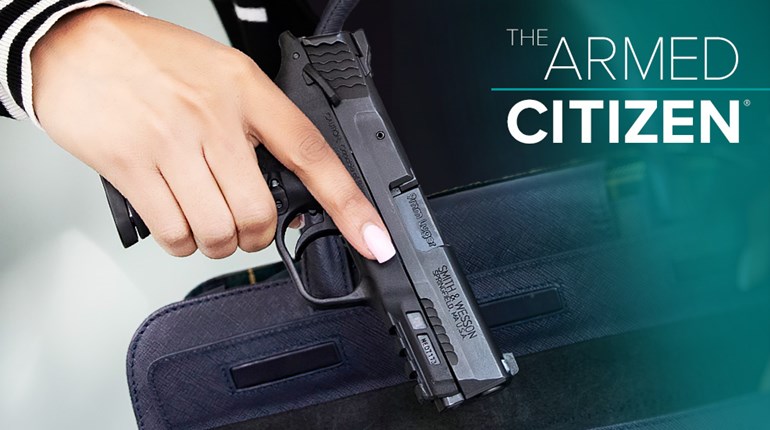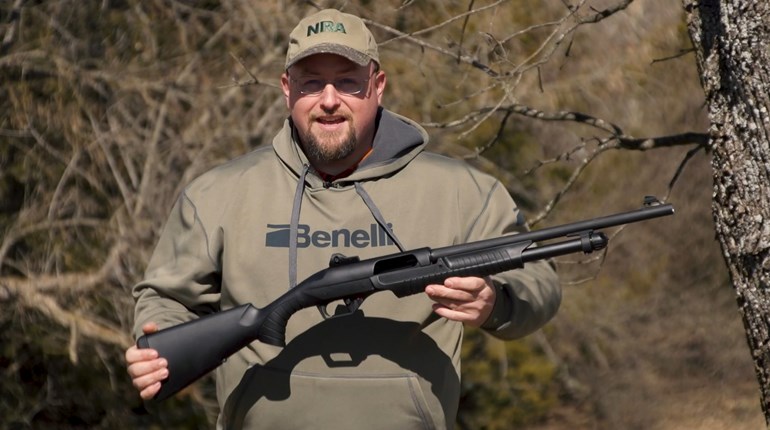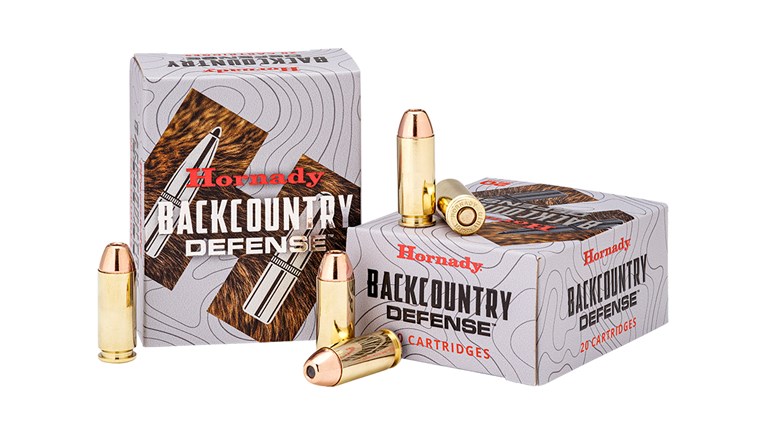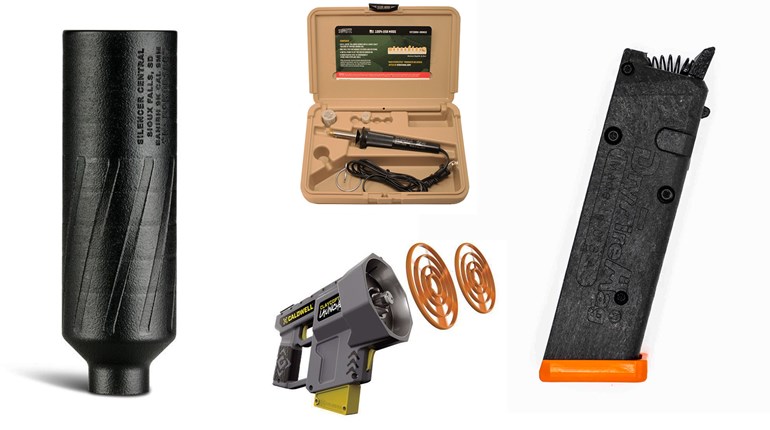
Just the other day I noticed a firearm manufacturer is introducing a five-shot, .38 Spl. revolver that weighs just 9 ounces. Now, I think I understand what gun makers are doing with these super-light defensive handguns, and it is actually two things.
The first is manufacturers are spending a lot time and research experimenting with the various new, lighter materials to see what will work in firearms and how well it will work. Materials like titanium and scandium, while not new, are relatively new to the firearms industry, and we have already begun to see numerous valid applications for their use.
The second bit of reasoning seems to be the theory that the lighter and more comfortable the defensive handgun is to carry, the more likely that the defensive shooter will have it with him when the balloon goes up. And there is some validity in this argument, too. A defensive handgun, and the skill to use it effectively, are worth nothing if you aren't armed when you need it.
I do have a concern, however: Super lightweight guns in defensive calibers have an increased amount of felt recoil. They may be comfortable to carry, but they often are not comfortable to actually shoot. And the simple fact is that one is never going to be good with his defense gun if he doesn't practice a lot with it. Regardless of the old saying, it is not enough to just have a gun. You've got to be able to make decisive hits with it quickly and accurately.
So, how light can we go with a defensive handgun? Frankly, I can't answer that question. It is up to each individual to find his comfort and performance level. I will simply suggest that the lighter the gun and the shorter the barrel, the harder it is to make quick hits in the vital zone. And it is something that is certainly important to remember and consider before putting out your hard-earned money for the latest and lightest.
You must remember, it's not what you carry that matters, it's what you can do with it when the chips are down.





































